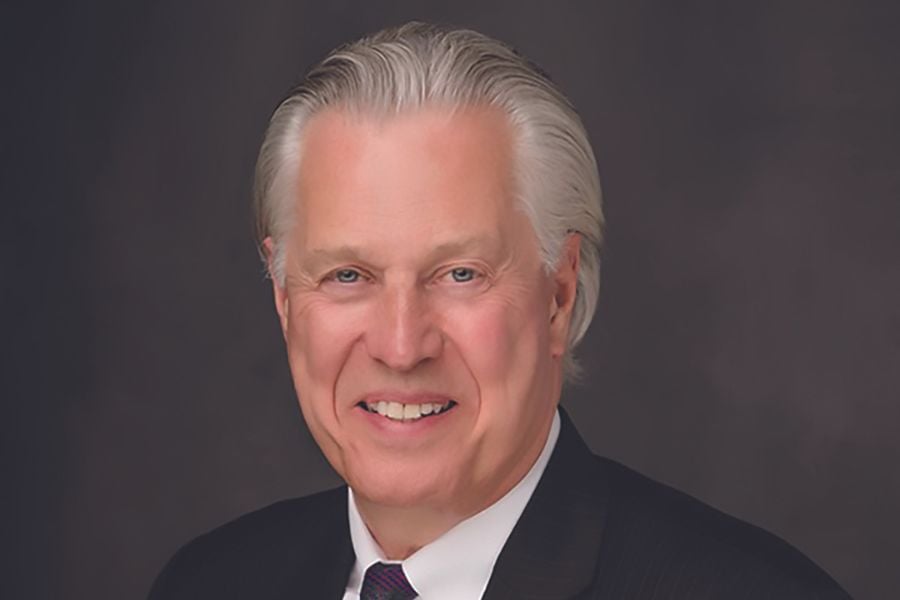

With a career spanning more than 48 years, Joseph Montgomery, managing director of investments at The Optimal Service Group of Wells Fargo Advisors in Williamsburg, Virginia, has seen the philosophy of wealth management evolve over time. When he first began, it was a transactional business – but by the mid-90s, a consultative approach had emerged as the industry standard.
“We’ve always approached it that way,” Montgomery says. “We’ve also always tried to use the broadest set of tools. If you go back to ancient days, it was pretty much stocks and bonds. That’s obviously changed a lot – and by having a consultative approach, we have changed, too. We’ve evolved [alongside] that.”
Part of this changing philosophy means having the ability to work with people over longer periods of time – something that historically wasn’t always possible.
“One of our philosophies is that it’s only a business if it outlives you,” Montgomery says. “A lot of the teaming in our industry is just matching up people for coverage. [Instead,] you need to be able to give the client continuity of care. That’s very important. People need to know that we have documented processes and procedures so that nobody they’re working with in this group is cowboying anything. They’re not independently running off and deciding to do XYZ [alone].”
For Montgomery, this approach is about that commitment to consistency – no matter what side of the equation the team is handling.
"We’re looking at very broad asset allocation,” he says. “That’s a carryover from what we do institutionally – which was an easy carryover to the ultra-high-net-worth [clients]. However, you always have to keep in mind when you’re working with any kind of asset pool – broad or narrow – that things go in and out of favor. It’s like Mark Twain said: ‘History doesn’t repeat itself, but it often rhymes.’”
The essence of Montgomery’s strategy lies in exposing clients, whether they are ultra-high-net-worth or those with more modest assets, to a wide array of investment opportunities, thereby democratizing access to truly diversified portfolios.
Looking ahead to what the future holds for the market, Montgomery says he’s optimistic.
“This is going to sound like Pollyanna – but if you believe what I believe, the market has an upward bias,” he says.
“I feel like this is probably the best situation that I’ve seen in the almost five decades I’ve been doing this,” he added. “I don't think I'm overly optimistic … because we have such a broad tool kit that we didn’t have even 10 years ago. Wealth management should flourish under those circumstances.”

Relationships are key to our business but advisors are often slow to engage in specific activities designed to foster them.

Whichever path you go down, act now while you're still in control.

Pro-bitcoin professionals, however, say the cryptocurrency has ushered in change.

“LPL has evolved significantly over the last decade and still wants to scale up,” says one industry executive.

Survey findings from the Nationwide Retirement Institute offers pearls of planning wisdom from 60- to 65-year-olds, as well as insights into concerns.
Streamline your outreach with Aidentified's AI-driven solutions
This season’s market volatility: Positioning for rate relief, income growth and the AI rebound
